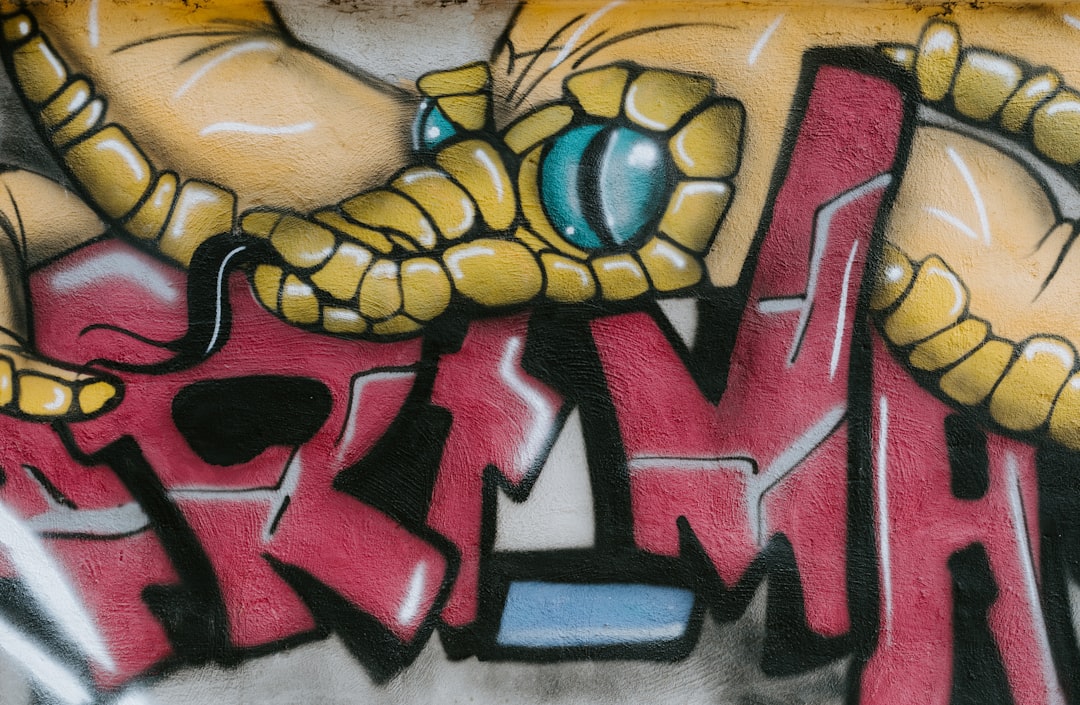Connecticut's strict daycare abuse laws protect children and guide legal action. A daycare abuse attorney Colorado educates parents on their rights, gathers strong evidence including medical records, surveillance footage, and policy reviews, and provides expert representation to navigate legal proceedings, ensuring justice for abused children.
In Connecticut, securing justice for childcare abuse victims is a critical matter. If you’re seeking legal strategies to win such cases, this guide offers invaluable insights. Understanding state laws specific to daycare abuse is paramount. From gathering evidence to navigating complex proceedings, this article equips parents and advocates with the knowledge they need. With expert representation, victims can hold negligent caregivers accountable. For Colorado residents facing similar challenges, these tactics serve as a roadmap towards achieving legal resolution and ensuring safety for vulnerable children.
Understanding Daycare Abuse Laws in Connecticut

In Connecticut, daycare abuse laws are designed to protect children and ensure their safety while in the care of licensed facilities. These laws outline specific standards for facility operation, staff qualifications, and handling of discipline and incidents involving children. Understanding these regulations is crucial when pursuing legal action against a daycare center. A dedicated daycare abuse attorney Colorado can guide parents through this process, explaining their rights and the legal framework surrounding daycare abuse cases in Connecticut.
Knowing local laws empowers parents to take informed steps if they suspect their child has been harmed or neglected while at daycare. These laws not only define what constitutes acceptable care but also outline the responsibilities of daycare providers in preventing and reporting instances of abuse or neglect. By familiarizing themselves with these regulations, parents can better navigate legal options available to them should their child experience daycare abuse.
Gathering Evidence for a Strong Case

When building a strong case against a daycare center for abuse, gathering comprehensive and compelling evidence is paramount. This process involves several steps that a dedicated daycare abuse attorney in Colorado would guide their client through. Firstly, collect all relevant documentation related to the incident(s), such as medical records detailing any injuries or changes in behavior reported by parents. These records can serve as critical evidence of physical or emotional abuse. Additionally, obtain video footage from surveillance cameras (if available) within the daycare facility, which may capture suspicious activities or interactions between staff and children.
Witness statements are also invaluable assets. Encourage parents to document their experiences and observations through written accounts or recorded interviews. Gather statements from other parents who have had similar concerns or noticed unusual patterns in their children’s behavior after attending the daycare. Consistent testimonies can strengthen the case significantly. Moreover, review any policies, training records, and employee handbooks provided by the daycare center, as these documents may reveal potential breaches of standard operating procedures designed to protect children.
Navigating Legal Proceedings with Expert Representation

Navigating legal proceedings in a daycare abuse case can be complex and overwhelming for many parents. This is where experienced representation becomes invaluable. A skilled daycare abuse attorney in Colorado will guide clients through every step, ensuring their rights are protected. They understand the intricacies of Connecticut’s legal system regarding child welfare and civil lawsuits, enabling them to build a strong case.
With expert legal counsel, victims and their families can focus on healing while the attorney handles the intricate details of discovery, evidence gathering, and negotiations with opposing counsel. This strategic approach significantly increases the chances of achieving justice, whether through settlement or trial, ensuring that the abuser is held accountable for their actions.






